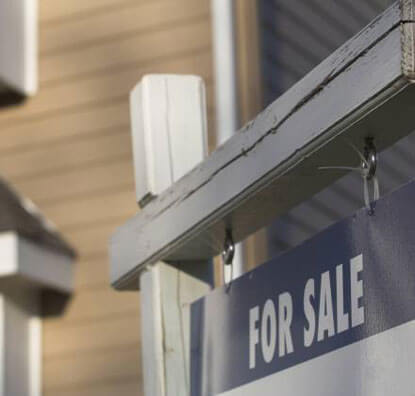
The California Supreme Court issued an order Monday making a lower passing score for the state’s bar exam official, but it also announced that the new cut score would not apply retroactively.
The California Supreme Court in a July 16 letter urged the State Bar to administer a two-day online test in October and to permanently lower the notoriously high passing score from 1440 to 1390.
This decision prompted California’s recent law grads and law school deans to push for extending the new passing score of 139 to graduates who sat for the February 2020 exam.
In a July 23 letter, deans from 19 law schools in California asked the state supreme court to apply the cut score retroactively, saying there are many graduates who had achieved a score above 139 and below 144 in February, some for the second time.
“These students have, but for the moment in 2020 when they took the exam, achieved a high enough score for admission. Yet these students are being double-penalized, both by the score not applying to the February exam and by the fact that they, and only they, will have achieved that now-passing score and yet must wait several additional months beyond the usual timing of the regularly scheduled exam for a new exam and that exam’s results.” the deans wrote.
The deans said that graduates who failed the February exam are not only demoralized by the near-miss, but also by the extended period between exams, the uncertainty of how online exam will work, and the foreshortened time between the October results and the possibility of having to take the exam yet again in February 2021.
In a separate letter, more than 100 recent law graduates urged the California high court to extend the new passing score to all test takers who sat for the exam between July 2017 – the first time the exam was administered over two days instead of three – and February 2020.
“This was a substantial change in the exams being administered and in theory, all subsequent exams, all things considered, would be on equal footing,” the alumni wrote.
The order affirmed in an August 10 letter to the trustees that the new passing score of 1390 will not be applied retroactively, citing:
“With one exception, the court is unaware of any jurisdiction in the past decade that has lowered the exam passing score and applied that decision retroactively.”
In 2016, the Montana Supreme Court lowered the passing score retroactive to 2013 test-takers to offset the effect of that court’s 2013 decision to increase the passing score.
While three other states including North Carolina, Oregon, and Washington have lowered bar exam cut scores in response to the COVID-19 pandemic, the changes are temporary and only apply to future exams, the California court said.












































